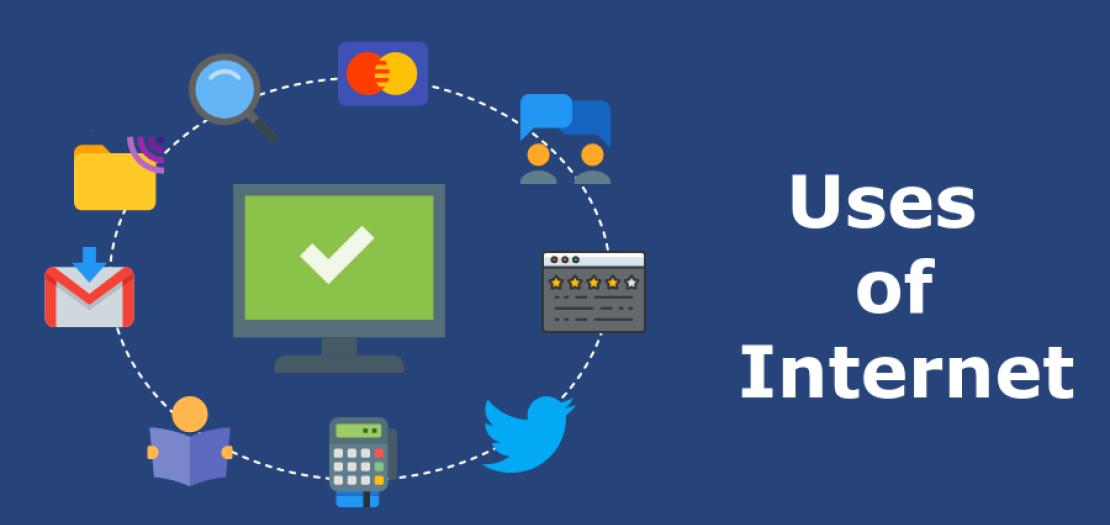Issued by the Catholic Center for Studies and Media - Jordan. Editor-in-chief Fr. Rif'at Bader - موقع أبونا abouna.org
With love, post whatever you wish…
“The Internet is not our enemy,” said Belgian journalist Florence Hainaut who participated in the three-day “Future of Media and Communications Conference" that has been held by the Center for the Protection and Freedom of Journalists to discuss the future of media and communications, the challenges of reality, and the hopes for the future. The Internet is definitely not our enemy but rather a tool that may be good, noble, and sound or it may otherwise incite hatred, violence, and revenge.
Consequently, the Internet in particular is neither good nor evil, as the user can determine whether to transform it into a weapon that kills or rather a rose that is presented on happy occasions. The Internet is comprehensive, and its use is based on the choices of a free but also a committed and a responsible person. The freedom has become so distorted that many people believe it implies doing whatever, whenever, and however they want. Therefore, if we apply this view on the Internet, especially social media, it means writing and posting whatever one wants regardless of the effects of these “posts” on the recipients, at atime when they may be hurtful, destructive, and in violation of human dignity. Is this freedom?
Thus, freedom must go hand-in-hand with responsibility which includes moral, human, cultural and social commitment.
Over the course of the conference, I listened to several interventions and realized that the controversy still exists as it is likely to expand further. What is the status of social media or the social networking sites and forums? What is the future of traditional media? How do we find a formula for interaction and cooperation between the youth and generations of social media on the one hand and the decision-makers and those responsible for the official and major media institutions on the other? We will not find sufficient and satisfactory answers to these questions, but it is of great importance to reconsider and improve education related to media in schools. It is bi-faceted education which involves teaching the new generations how to use modern media in a successful, impressive, technical and artistic way on the one hand, and by instilling education on the proper use of media, or the ethics of use and the incorporation of Internet with ethics, implying foundations for noble morals and values.
The Internet will definitely continue to develop, as it is neither a friend nor an enemy as this decision depends on us. No one knows what it will look like in at least ten years’ time, but we must abide by the ethics of its use. Saint Augustine of Algeria (between the 4th and 5th centuries) said: “With love, do whatever you want.” Today we say, “Love-- cleanse your heart of hatred--and post whatever you want.”







